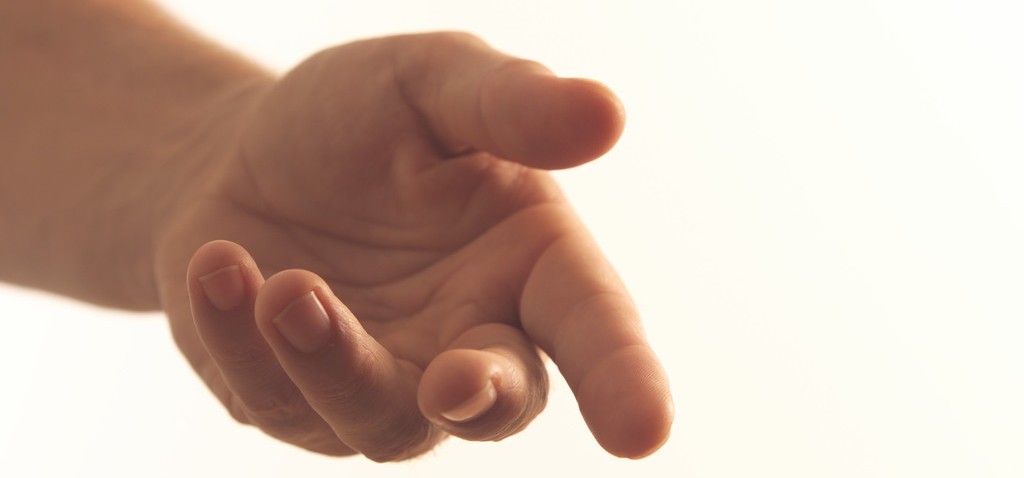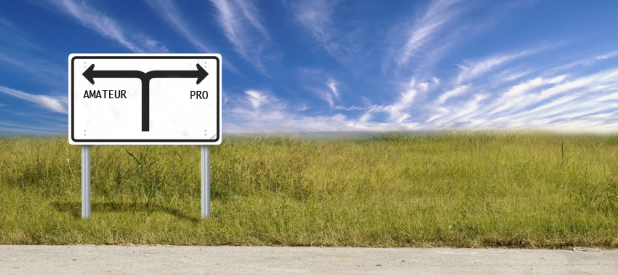Back in November 2011, I wrote a post about why I’ve been getting up at 6 a.m. to write. It’s something I often encourage writers to try, especially those that are struggling with resistance and / or struggling to find time to write.
In my Called to Write community, one of our writers found a study showing that your optimal creative time may actually be the opposite of your peak cognitive time. It’s sparked quite the discussion and has inspired some of our members to give morning writing a try. I have it in my mind to write a guide to morning writing, and I thought I’d start off with an article about it first.
The basic principle
The basic principle of writing first thing in the morning is that it’s about doing the hardest work first.
And by “hardest,” we don’t necessarily mean the most difficult, though it may match up.
We’re talking about doing the work that triggers the most resistance at your first available opportunity.
What does “first available opportunity” mean?
When I first started writing daily with Called to Write, my routine was that I would take my son to preschool, get back to my desk around 9 a.m. — my theoretically first available opportunity — and then write. Except not. Because I kept getting sucked into email and work. It was during work hours, and I felt hard pressed not to be focused on income-generating activities.
At least that was the story I told myself.
The deeper truth is that once I was awake for that many hours, my fear — as represented by my inner critic — was a heck of a lot louder by that point in the day when I was fully awake.
So I decide to try the morning writing gig and see how it felt. As an experiment.
Why it’s advantageous to write first thing in the morning
I first came to the notion of morning writing after reading about several writers that swore by it. Since they were pros, I figured they must know something that I didn’t. So I thought I’d give it a whirl and see how it went.
Here’s what I found:
- The longer I’m awake, the more opportunities I have to procrastinate. Writing first thing helps me circumvent my natural tendency to avoid the very work I’m called to do.
- My inner critic is much, much more quiet first thing in the morning. I don’t have to work so hard to keep those gremlins at bay when I’m still sleepy.
- Because I’m writing regularly, it doesn’t take more than a minute to find my place in my work from the previous day and start writing again.
- I spend the rest of the day in a greater state of calm because I’ve met my goal for the day. It doesn’t hang over my head, nag at me, or make me feel guilty if I haven’t done it yet.
- I’m wasting a lot less time doing meaningless things at night because I’ve adjusted my sleep schedule to get up earlier.
Common objections to writing in the morning
Whenever I mention this idea to writers — usually the ones struggling most with resistance and procrastination or time management — the most common objection I hear from people is that they are “not morning people.” And it seems like people have natural rhythms they’re naturally drawn to.
The funny thing is that I can tell you truly, I am not a morning person. When I first started my coaching practice, I was delighted to realize I could start my days whenever I wanted to — which was late. I loved the fact that I didn’t have to set an alarm clock and that I could schedule my first clients at noon. I loved sleeping in late and staying up late. It fitted with my natural rhythm.
Now, however, I love being up earlier in the day.
I love the fact that I can get so much done before 10 a.m. and feel like I have the whole day ahead of me.
I also love going to bed earlier (lights out by 9:30 is the target), because I use my awake hours much more wisely. (And by the way, I suspect there wouldn’t be so many night owls if we weren’t “biased” by electric lights.)
Things to keep in mind as you shift your schedule
If you decide to give morning writing a go, here are a few things to keep in mind.
- Start by setting an alarm clock for 30 minutes earlier than your standard wake up time, then push it 20 to 30 minutes earlier each day until you hit your target.
- Also give some thought to how much writing you want to do each day. You’ll be able to gauge how early you want to get up depending on your writing goals for the day (and remember, as we teach in my Writer’s Circle, it’s perfectly okay to work in small increments — even 5 to 15 minutes a day is great, especially as you’re building the habit.)
- I’ve found that it’s easier just to be tired for the first few days and to go to bed early those nights to help myself make the shift. At least for me, it just prolongs the discomfort if I decide to sleep in a few days, take naps, or otherwise try to make the change gradual.
- Be clear that you will need to go to bed earlier to make this work. I’ve seen other writers still trying to burn the midnight oil AND get up at dawn. That’s ultimately a drain on your creative well, and you won’t be able to run on empty for long. So determine how many hours of sleep you need, and do the math so you know what time you need to go to bed.
- Give yourself about one to two weeks to get used to the change. It doesn’t happen overnight.
It’s a grand experiment
As you embark on this, think of it as an experiment. See what you notice about how you feel about your work and what you notice about your stress levels during the day after you’ve done your writing. You won’t really know if it works for you or not until you try it.
Join us for the ongoing journey
Called to Write is an ongoing monthly membership community where you can experiment with your writing habit, see what works, see what doesn’t, and end your isolation as a writer by writing alongside other writers committed to showing up and doing the work. Find out more and register here: https://calledtowrite.mn.co
Your turn
I always love to hear from you. Have you ever tried writing (or working) first thing in the morning like this? What did you discover? Share with us in the comments area below.
Warmly,












